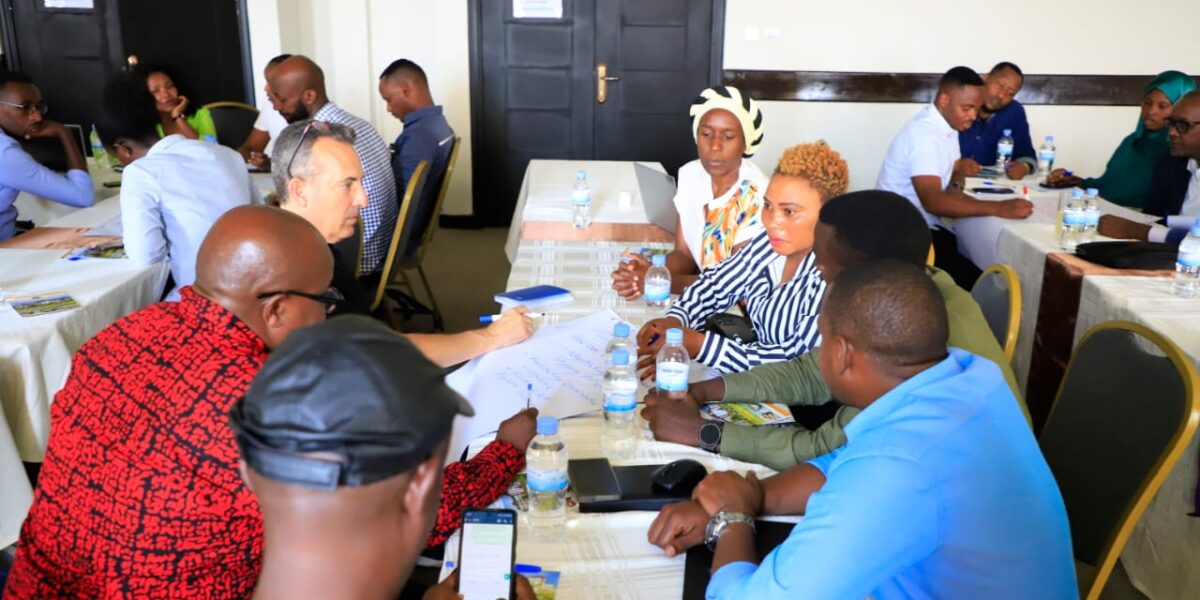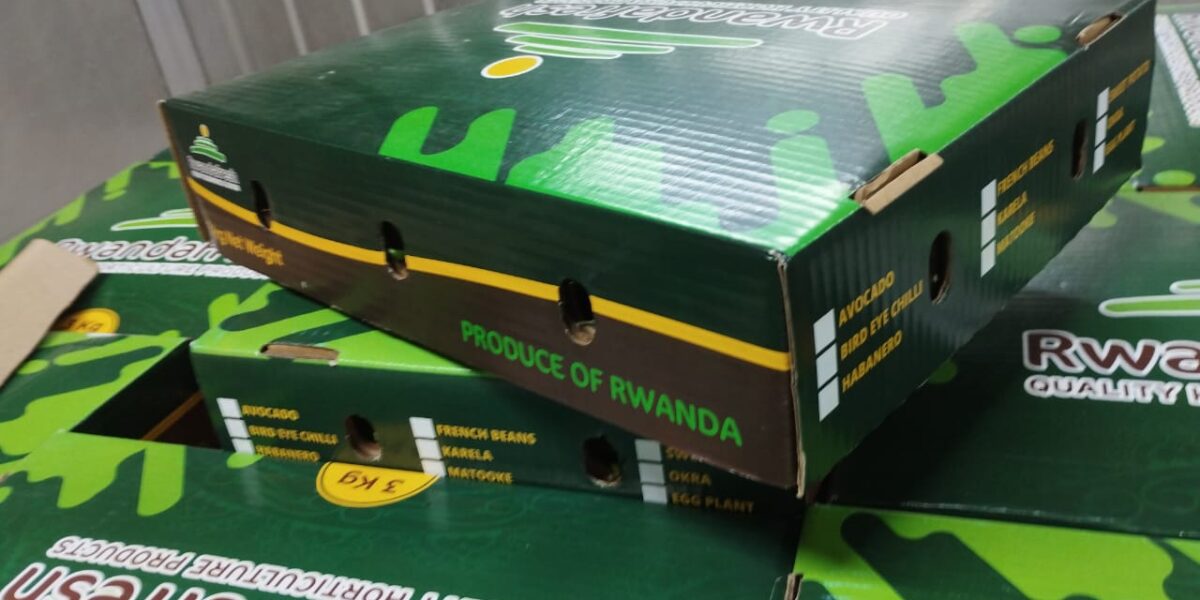Overview and Background
Horticulture offers significant potential for economic growth, including increases in rural incomes and employment opportunities, across the 21 Common Market for Eastern and Southern Africa (COMESA) Member States. Given this potential, the Alliance for Commodity Trade in Eastern and Southern Africa (ACTESA), a specialized agency of COMESA mandated by heads of state and government to integrate smallholder farmers into domestic, regional, and international markets, has prioritized building the capacity of the horticulture sector across the COMESA region in its 2021-2031 Strategic Plan. The potential of horticulture has also been recognized by the East African Community (EAC) Member States, as reflected in the EAC’s Fruit and Vegetable Strategy 2021-2031.
A COMESA EAC Horticulture Accelerator (CEHA) has been created by public and private sector partners to better coordinate policy, value chain development programs, financing, and R&D among public and private sector entities which will catalyze the Fruit and Vegetable (F&V) sector of the COMESA and EAC Region. The vision of this Accelerator is that by 2031, climate-smart horticulture value chains should be the largest contributor to income growth, inclusive job creation, and improved nutrition throughout Eastern Africa. The Accelerator would initially focus on several priority anchor value chains (VCs), namely avocado, onion and Irish potatoes as these specific value chains have agronomic, logistical, and regulatory challenges and opportunities that common to many other F&V crops. Other value chains may be added at later dates. Based on a recent investment mapping survey, approximately USD 1 billion of financial support or investments is either directly or indirectly supporting the East African horticulture sub-sector over the next five years. Just over 50% will be channeled to Ethiopia and Tanzania, with the largest investments to be made by the World Bank, ARCH Emerging Markets Partners, SNV (with funding from the Dutch government and Ikea Foundation), and the EU.
In view of the above, the main role of ACTESA Secretariat shall be to:
- Coordinate investments that are primarily private sector-led, public sector-enabled, and donor catalyzed into production and processing clusters in support of the EAC, COMESA, and individual country horticulture strategies
- Facilitate policy and standards harmonization to stimulate trade, market access across the region for multiple regional fruit and vegetable value chains
- Facilitate access to both working capital and capex finance as well as technical assistance to processors, farmers, and other agribusinesses across the value chain to accelerate growth of the horticultural sector in the COMESA and EAC region
The CEHA has a bottom-up structure, taking into consideration on strategic priorities identified by national-level stakeholders at a regional level. It consists of a Board, Technical Committees, Country/National platforms, as well as a Secretariat managed by ACTESA. An annual General Assembly, comprised of a much broader set of stakeholders from governments, development agencies, and the private sector would give COMESA and EAC Member States the opportunity to endorse the CEHA Board recommendations and any other engagement relevant for increased intra-regional horticultural trade.
AGRA, with support from the Foreign, Commonwealth and Development Office (FCDO), intends to:
- partner with COMESA and EAC, to strengthen the CEHA Secretariat based at the Alliance for Commodity Trade in East and Southern Africa (ACTESA) offices in Lusaka, and
- Initially establish three CEHA functional national chapters in COMESA and EAC
This will enhance the development of the horticulture sector and strengthen ACTESA’s mandate and the delivery of its activities in the region. The CEHA national chapters will be platforms that give a critical voice and space for national stakeholders to scale local impact on sustainability and competitiveness in the Horticulture sector. These CEHA National Platforms will have private sector representation, including members of national horticultural associations, storage and logistics players, aggregators, wholesale distributors, industry associations, financial institutions, national farmer associations, and seed companies. In addition, members will include, NGOs / development organizations supporting the horticulture sector.
National governments will be represented by the Ministries of Trade, Horticulture/Agriculture and/or any additional government bodies instrumental in the development of the sector
A Proposed collaborative framework between the Government of Rwanda, relevant ministries, private sector players and our organization, where responsibilities are clearly defined to ensure the successful execution of CEHA in Rwanda. The implementation of CEHA in Rwanda will involve a series of targeted activities, including but not limited to:
- Convening stakeholder meetings and forums to facilitate collaboration.
- Advocacy for policy reforms to enhance trade facilitation in the horticulture sector.
- Support training and capacity-building programs for value chain actors.
- Facilitating access to financial resources through partnerships with financial institutions and matching grants
Through the successful implementation of CEHA in Rwanda, the following outcomes are expected:
- Improved coordination and efficiency in the horticulture value chain.
- Implementation of policies and regulations that support increased regional and internationaltrade of horticultural products.
- Enhanced access to financial resources and technical assistance for local farmers, processors, and agribusinesses.
A detailed budget plan will be developed in consultation with relevant stakeholders, taking into consideration the specific needs and priorities of the horticulture sector in Rwanda.
We are eager to engage in further discussions and explore potential synergies to bring the CEHA project to fruition in Rwanda. We believe that this initiative holds great promise for the economic advancement of the horticulture sector and aligns seamlessly with Rwanda’s broader agricultural development goals.




